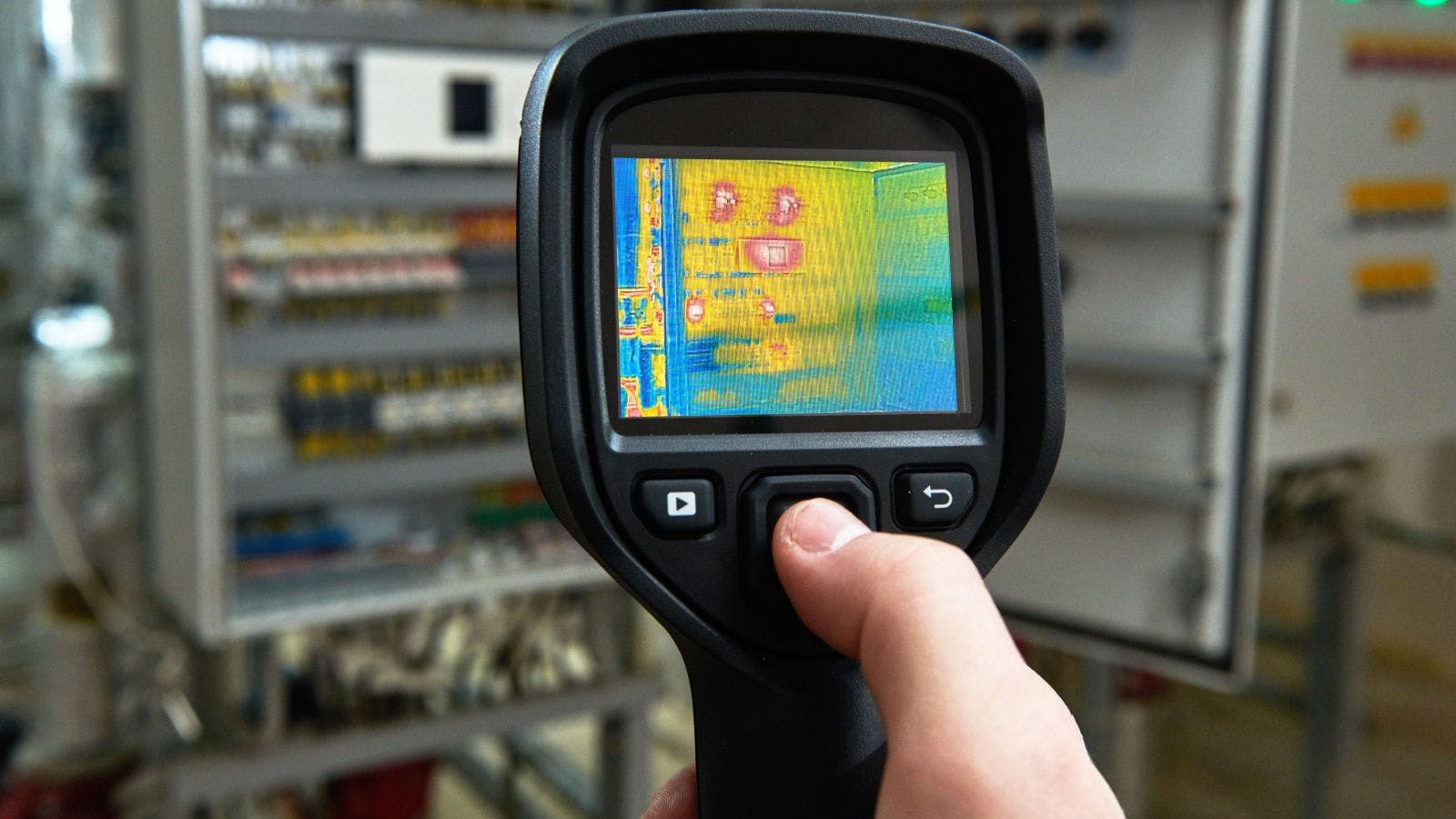
Transforming Data Into Value in a Mobile World
Look around – nearly everyone’s connected. The digital revolution has not only transformed how we live, but the way we work. Increased operational efficiencies, reduced costs and improved profit margins are just a few of the benefits of a world that now uses mobile as the main source for accessing the internet, according to Comscore.
Like most businesses, the construction industry is now embracing the advantages of accessing data in real time from the road; streamlining and standardizing processes; and simply doing away with time-consuming activities ranging from the printing and mailing of paper invoices to the hours spent searching for lost documents.
Through the continued proliferation of mobile services, the field is transforming from paper-based organizations to digital enterprises enabling users to work in the field with nearly the same access to company records and customer histories available from office computers. Smart tools are continuing to get smarter with features that are rapidly transitioning devices from enterprise mobility management (EMM) suites to unified endpoint management (UEM) solutions offering the ability to seamlessly integrate information from multiple IoT edge devices, wearables and connected sensors and equipment.
This is due mainly to the continued cross-development of mobile platforms that allow multiple business applications and services to effortlessly interact in the cloud. Within this context, construction and development practitioners are adopting cloud platforms and applications that facilitate estimating, budgeting and valuation, AP processing and document and approval management.
The Construction Industry’s Growing Mobility Trend
According to Deloitte’s latest Engineering and Construction Industry Outlook, overall growth for the U.S. engineering and construction industry for 2018 was “projected to be around 5%” and “likely to accelerate further going into 2019 … Driving this activity are the proliferation of mega projects infused with advanced technologies, a focus on smart cities and the promises of a data-driven world.”
The ongoing adoption and implementation of construction tech is currently being led by the industry’s increasing use of wearables, drones and mobile solutions. On the simplest level, almost all the respondents (92.2%) of a 2018 study by the National Roofing Contractors Association said they use smartphones on the job with 65.4% stating their preference for tablets.
That’s because the connected jobsite has become a necessity for keeping projects on track and within budget, while enabling managers to review documents in the field and make changes on the fly. With anytime, anywhere access to the cloud, engineers, architects and construction personnel can share pertinent details in real time without the nuisance of handling paper project files. Work order signoffs can even be easily captured on mobile devices and stored electronically with other customer historical information. From schematics, blueprints, contracts and material specs, to change orders, photos, spreadsheets and inspection reports – all of this information is available for ready review at a moment’s notice from one centralized electronic file.
In addition, the speed associated with completing jobs has never been more closely tied to profitability. Today’s world demands immediacy and has little tolerance for delays. With a few simple clicks from nearly any mobile device, cloud-based solutions are now enabling authorized personnel – from accounting staff to project managers and field supervisors – to find all forms of contractual, historical and project details in a matter of seconds.
Boosters even exist for ensuring WiFi connectivity in remote, hard-to-reach locations. So, there’s no need to make important jobsite decisions without knowing all the key facts, since every detail input into the system is available for instantaneous review to eliminate time-consuming guesswork and costly delays. In the future, these benefits are expected to be augmented even further with the integration of wearable and mobile technologies that capture everything from the biometrics of personnel working in hazardous conditions, to the camera footage of drones checking and reviewing the progress of jobsites and potential trouble spots.
Today’s Construction Clients Expect Immediacy
Mobility is no longer an afterthought for contractors who want to remain profitable and on the good side of owners and developers. Timeliness is everything in today’s construction world. From change orders and specifications details to budgeting information and timetables, clients often expect project updates in real time. The ability to provide on-the-spot answers is crucial for smooth operations and overcoming potentially costly delays and challenges.
Related stories








